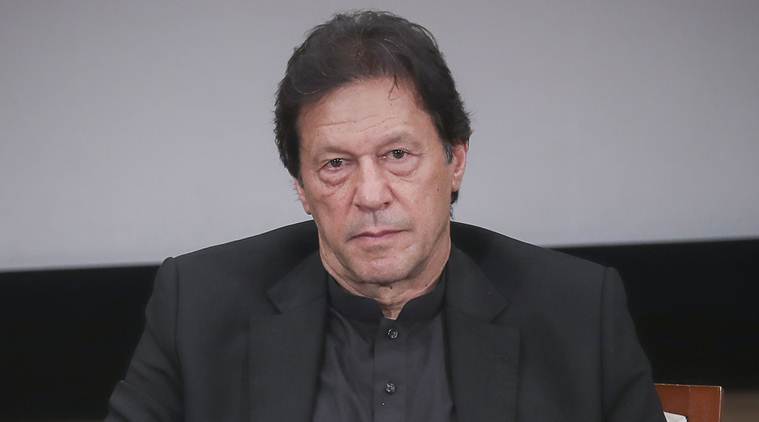

The recent standoff between the ruling Pakistan Tehreek-e-Insaf (PTI) govt of Imran Khan and the Supreme court of Pakistan has served to highlight the "issue areas" of governance. That Khan is aggressive and near-abusive about his opposition is accepted, however he has also come up against the wall of past trespasses of the Pakistani state.
Pakistan has two basic flaws: the primary relates to the instability that hounds most Muslim states; and, the 2d, non-centralisation of the state — just a little like Afghanistan — that forestalls Pakistan from becoming a "standard state".
This takes us lower back to the primary decade of Pakistan's independence when it was decided to maintain its "tribal areas" in hopes of "saving" the "tradition" of their inhabitants. (The "tribals" regretfully have been then sent into Kashmir as invaders.) nowadays, after seventy two years of the evolution of the state, virtually 60 percent of Pakistan's area is backyard the common writ of the state. In 2017, the a good deal-delayed "merger" of the tribal areas of the north into the "frontier" province of Khyber-Pakhtunkhwa took region. but complications nonetheless stay from the warlord-driven previous and have to be resolved via dialogue with such enterprises as Pakhtun Tahaffuz movement (PTM).
Opinion | Khaled Ahmed writes: First Pak, now India has failed the poet who belongs to each nations
The tribal areas of the north — referred to as "organizations" — have been open to infiltration as a result of their borders had been open. The state allowed the Afghan Taliban and al Qaeda to plant camps there. The local Taliban joined them and centered their personal rule that finally clashed with the state sovereignty. The handle enjoyed via these facets became facilitated by a scarcity of infrastructural building.
The tribal areas were "federally" administered however there were some like the valley of Swat administered by the province of Khyber-Pakhtunkhwa. In time, Pakistan misplaced its writ in these territories as smartly to terrorists like Osama bin encumbered and Ayman al-Zawahiri who lived freely there contracting marriages — euphemism for copulation — with many native wives.
The "tribal" province of Balochistan has been restless because 1973 when Pakistan had to "invade" it to put down "insurrection". The province turned into backward in all respects: There become no police, no typical courts and no legislations and order in the province apart from in Quetta, the capital. In 1990, Balochistan deserted the jirga system and had to wait until 2019 to have police on its territory. In June 2019, three districts of Balochistan have been transformed into 'A' areas (with police) from 'B' (devoid of police) areas. Pakistan found out fuel within the province and wastefully "piped" it to households in the rest of the nation till it became right away exhausted.
In response, there became an uprising of the Baloch which became brutally put down till the judiciary grew to become worried about its "disappeared" americans. like the tribal areas, Balochistan's borders too are open to penetration. today, it's the "tribal" western border this is inclined, now not the "non-tribal" jap one. Pakistan should talk with the Baloch "liberation" companies that demand rights however are being hunted down.
The feudal vicinity of Sindh province, dominated by means of the "wadero" aristocracy, is also without a traditional writ of the state crucial to uplift the negative masses living with out ample fitness and training amenities. on account that the "wadero" politicians get elected to Sindh assembly via their captive votes in the indoors and are living in Karachi, the grime-poor masses are commonly subject to famine-like conditions. The area of Thar in Sindh has its infants demise of starvation with no trouble because it is inhabited by way of pretty much half of the Hindu inhabitants of Pakistan.
this article first looked in the print version on January 18, 2020 beneath the title 'Pakistan's Frontier within.' The creator is consulting editor, Newsweek Pakistan
For the entire latest Opinion news, download Indian categorical App
No comments:
Post a Comment
Note: Only a member of this blog may post a comment.